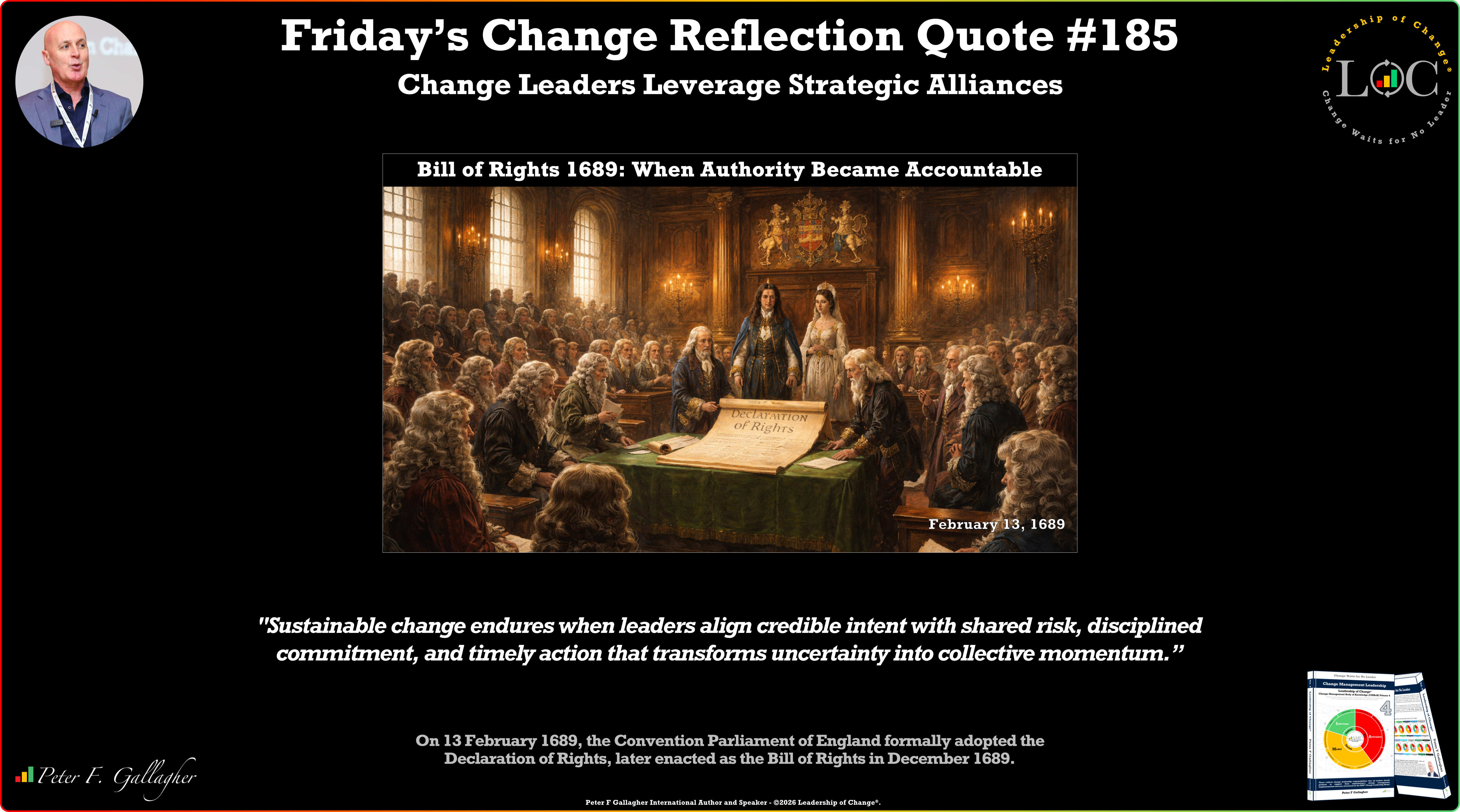Aug18

From ancient times to the present day, acts of kindness have been celebrated in cultures around the world. In some cultures, kindness is seen as a virtue to be cultivated, while in others it is considered an innate quality. In both cases, however, kindness is often associated with positive outcomes such as happiness, health, and prosocial behavior.
Historically, acts of kindness have been documented in religious texts, literature, and folklore. The Bible, for example, includes stories of kind characters such as the Good Samaritan and Jesus Christ himself. In the Islamic tradition, the Prophet Muhammad is said to have advised his followers to "be kind to your parents." In Buddhist teachings, compassion is one of the four core virtues. And in Confucianism, filial piety—the act of respecting and caring for one's parents—is considered one of the most important moral principles.
Throughout history, then, acts of kindness have been revered as essential components of moral character. Today, scientific research is beginning to reveal the benefits of kindness on individual well-being. Studies have shown that kind people are more likely to experience positive emotions such as joy and pleasure. They are also less likely to experience negative emotions such as anger and anxiety. In addition, acts of kindness have been linked with physical health benefits such as lower blood pressure and reduced stress levels. Ultimately, then, the centuries-old tradition of celebrating kindness appears to be justified by science.
There's no doubt that we live in a fast-paced, stressful world. With ever-growing To Do lists and increasing demands at work and home, it's easy to get caught up in the hustle and bustle and forget about being kind. But maybe, just maybe, we're seeing a shift. A call for more kindness in the workplace and in life in general.
Sure, there will always be competition and stressors that can lead to negative behaviors like gossiping or backstabbing. But hopefully, as we become more aware of the importance of mental health and well-being, we'll also start to see more acts of kindness. Small things like holding the door open for someone, offering a compliment or lending a listening ear can make a big difference. And when we're kind to others, we often find that they are kind back.
So let's hope that this trend towards more kindness continues. Because kindness makes us happier, healthier and more productive. It's good for business and it's good for the soul.
By Dean Miles
Keywords: Business Continuity, Mental Health, Startups
 Testing Suez: Economics Are Driving Carriers Back Into the Red Sea
Testing Suez: Economics Are Driving Carriers Back Into the Red Sea Mastering Social Media in 2026: Optimizing Networking and Advocacy for the Digital Age
Mastering Social Media in 2026: Optimizing Networking and Advocacy for the Digital Age Friday’s Change Reflection Quote - Leadership of Change - Systemic Change Follows Failed Governance
Friday’s Change Reflection Quote - Leadership of Change - Systemic Change Follows Failed Governance Who Are You Under Pressure - And Is That the Real You?
Who Are You Under Pressure - And Is That the Real You? LinkedIn Voice for Sales
LinkedIn Voice for Sales